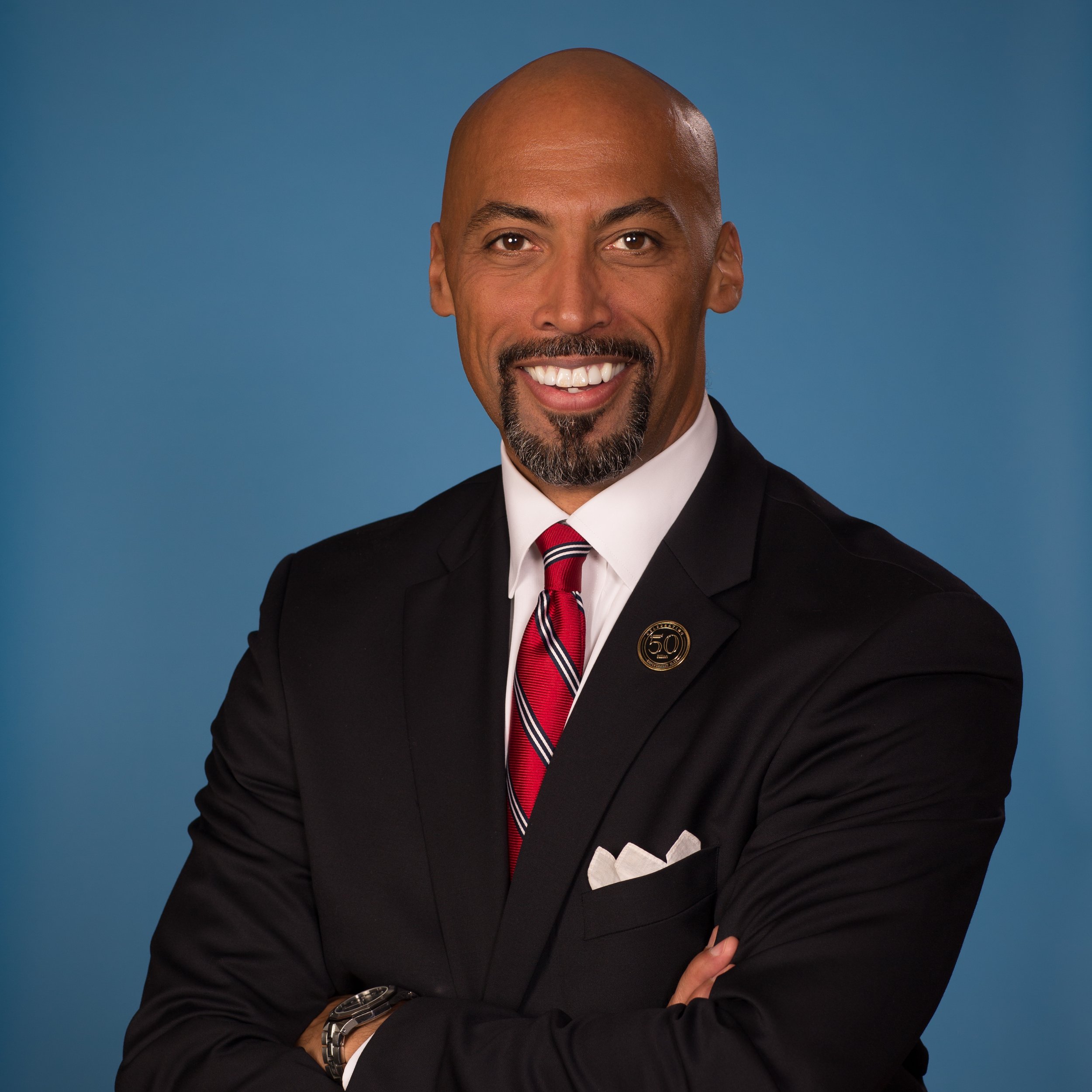Racial Inheritance Gap Widens
As Baby Boomers Retire and Die, Racial “Inheritance Gap” Widens
By Eugene Mitchell, PMC-LLC Coach
You’ve no doubt heard about the income and wealth gaps between American racial groups—particularly Blacks and Whites. There is a third one: the inheritance gap. I believe that the latter is the most urgent gap of all for two reasons: 1) The greatest transfer of American wealth is currently occurring, as Baby Boomers retire and pass away. 2) Many Americans are dying as a result of the COVID-19 pandemic—and the disease is killing a disproportionate number of African Americans and Latinos. The message I would like to share: At this time of increased death and uncertainty, receiving an inheritance enables some families to better weather both emotional and economic storms.
According to the Federal Reserve, in 2015, 22.9 percent of White households with a head of household between the ages of 30 and 59 received an inheritance, averaging $236,495. Furthermore, 18.8 percent of those households anticipated receiving an additional inheritance in the future. In contrast, in 2015, just 10.6 percent of Black heads of households in the same age range received an inheritance, averaging just $55,207. Only 5.9 percent of those Black households anticipated receiving an additional future inheritance.
Couple this data with the massive transfer of Baby Boomer wealth I mentioned earlier, and the inheritance gap’s impact in increasing the overall racial wealth gap will be huge! It is estimated that $68 trillion will change hands over the next 25 years as Baby Boomers bequeath assets to heirs, pay estate taxes, and contribute to charities. Over the last 50 years, as the largest aging population in U.S. history, Baby Boomers have accumulated substantial savings, 401(k)s, homes, investments, businesses, and business interests. The breadth of these estate accumulations will be skewed by race.
Providing an inheritance to the next generation gives families the ability to leapfrog ahead in their finances. Think about it: Wouldn’t it be wonderful if your parents or grandparents passed and left you $50,000? How about $100,000— wouldn’t that be phenomenal? What if they left you $1 million dollars: What that would mean to—and for—you? I worked at a Fortune 100 life insurance company for 17 years and being sure to pass on an inheritance is one of the key things I saw other races, religions, and ethnic groups doing differently compared to the Black community.
In order to bridge the ever-widening racial wealth gap, life insurance can provide a guaranteed, tax-free lump-sum payout that can help African Americans level the playing field with other races. The only other option would be to have a winning lottery ticket that hits over and over again. Jokes aside, that is what life insurance is: It is like multiple generations hitting multiple lotteries over time. Your grandparents hit the lottery, you hit the lottery, your kids hit the lottery—insurance can be an ongoing guaranteed jackpot over multiple generations. Getting a lump-sum cash infusion into someone's hands roughly every 20–30 years as someone in the older generation becomes an ancestor—who would not want that?
Think about how transformative such reliable waves of wealth-transference could be. You and your family could easily close the wealth gap in one generation. The Federal Reserve’s 2019 Survey of Consumer Finances reported the gap in wealth between Black and White Americans at the median was $164,100. And the gap at the average of the distribution of families was $840,000, a far larger sum. The median represents the middle household in each community, with Black households worth $24,100 and White households worth $188,200. The average figure adds up all wealth (including billionaires) and divides that number by the number of people; for Black households, this was $142,500 and for White households, $983,400. This calculation shows close to a $1 million difference.)
What if you had a life insurance policy in place with a face value for either of these figures cited? Think of what that would mean for your family line: Your children and grandchildren could now start from a truly level playing field, leading from the front—instead of lagging behind—and equipped to outperform their classmates and colleagues in school, business, and life. Instead of playing perpetual catch-up, as African Americans, finally, we would be able to build upon and expand what we have inherited. That is the equalizing potential I see, and why having a substantive life insurance policy is so important: You do not close the wealth gap incrementally—you need something big to catapult you forward! Collectively, as African Americans, we all do.
Sources:

